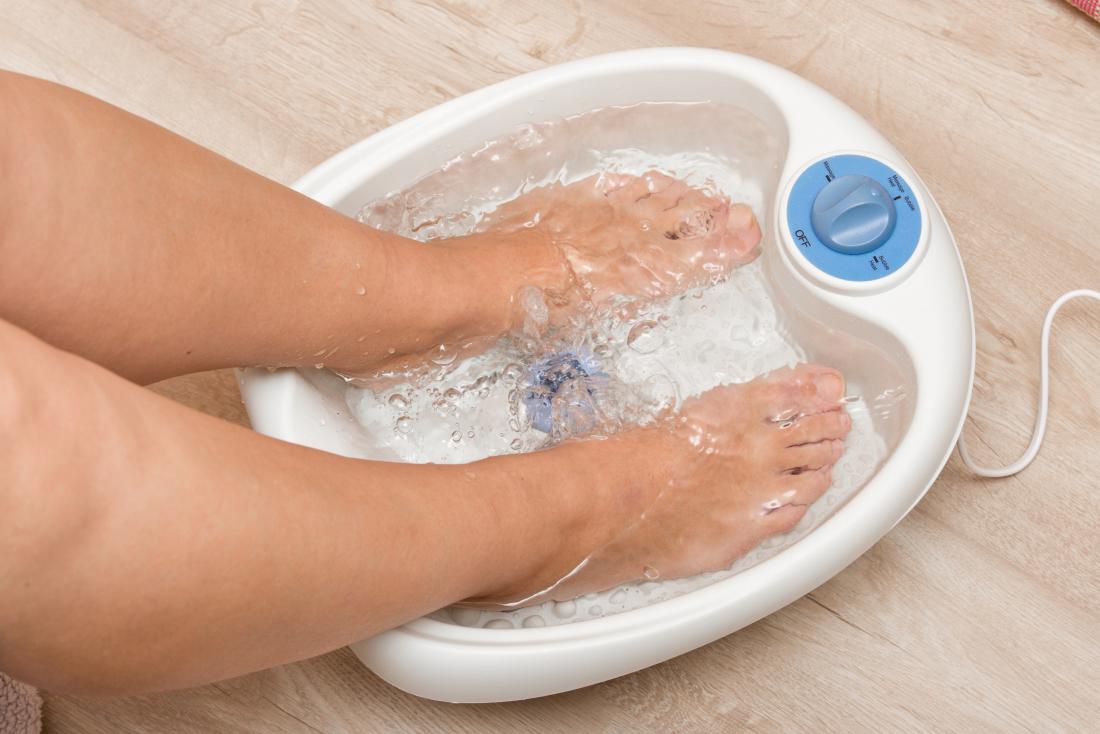Understanding the Origin Causes of Excessive Sweating and Its Effect on Daily Life
While it is commonly comprehended as a physical response to control body temperature, the triggers for excessive sweating can vary widely among people, incorporating not just physical aspects however also psychological and emotional elements. By diving right into the root creates of hyperhidrosis and discovering its multifaceted results, a deeper understanding of this pervasive issue can be acquired, shedding light on the intricacies that individuals grappling with too much sweating browse on a day-to-day basis.
Physiology of Sweat Glands
The guideline of sweat manufacturing, an important physical process, is mainly regulated by the activity of sweat glands distributed across the body. Gland are classified into two main kinds: eccrine and apocrine glands. Eccrine glands are one of the most various and are located in mostly all areas of the body. They play an essential role in thermoregulation by producing a watery fluid onto the skin's surface, which aids and evaporates cool down the body down. On the other hand, apocrine glands are concentrated in locations rich in hair follicles, such as the underarms and groin, and their secretions are thicker and milky in look.
When the body temperature level rises, either because of exercise, high temperature levels, or psychological tension, the worried system triggers the sweat glands to generate sweat. This sweat is made up mostly of water and electrolytes like salt and chloride. The process of sweat production is essential for preserving the body's interior temperature level within a slim, optimal array, highlighting the crucial function gland play in human physiology.
Triggers for Excessive Sweating
In understanding the root triggers of extreme sweating, it is vital to recognize the triggers that can lead to this physiological reaction. Extreme sweating, likewise understood as hyperhidrosis, can be prompted by different elements, both ecological and physiological. One common trigger is psychological anxiety or anxiousness, which can boost the body's gland to create even more sweat than is needed for cooling down. Physical physical effort, heats, and spicy foods are additionally recognized to cause too much sweating in people susceptible to this condition. Particular medical problems like diabetic issues, menopause, or hyperthyroidism can add to extreme sweating as well.
Additionally, drugs such as some antidepressants, opioids, and specific supplements can additionally function as triggers for hyperhidrosis. Comprehending these triggers is essential in taking care of excessive sweating properly - Treatment for hyperhydrosis of hands and feet. By determining and dealing with the details triggers that motivate extreme sweating in an individual, health care companies can develop individualized therapy plans to relieve this condition and enhance the individual's top quality of life
Medical Conditions Associated
Connected with too much sweating are different clinical problems that can intensify this physical response. One common condition is hyperhidrosis, a disorder identified by extraordinarily enhanced sweating that goes beyond the body's thermoregulatory needs. This can manifest in focal locations like the palms, soles, underarms, or face, affecting a person's lifestyle due to social humiliation and pain.
Additionally, endocrine problems such as hyperthyroidism, diabetes mellitus, and menopausal warm flashes can additionally bring about too much sweating. Hyperthyroidism creates an overflow of thyroid hormones, accelerating metabolism and causing sweating. Diabetes can my explanation induce sweating episodes, particularly throughout hypoglycemic episodes when blood sugar level degrees go down as well low. Menopausal hot flashes, attributed to hormonal fluctuations throughout menopause, can create intense and sudden sweating, frequently accompanied by flushing and heart palpitations.
Furthermore, infections like hiv, endocarditis, and tuberculosis have been associated with evening sweats, a typical symptom recognized to interfere with sleep and affect total well-being. These clinical conditions highlight the diverse array of underlying elements that can add to extreme sweating, requiring thorough evaluation and monitoring by healthcare specialists.
Emotional and Emotional Aspects

Effect On Social Interactions
Extreme sweating can have extensive impacts on a person's ability to involve conveniently in social communications. The visible indicators of sweat discolorations or wet spots on clothing can cause embarrassment and self-consciousness, triggering people to withdraw from social scenarios. This withdrawal can impact connections, restriction social activities, and hinder specialist and individual growth.

In addition, the anxiety and self-esteem problems coming from too much sweating can influence communication and interpersonal skills. Individuals may have a hard time to concentrate on discussions, get involved in team activities, or express themselves confidently. This can result in feelings of isolation and loneliness, as social connections end up being challenging to preserve.
Final Thought

While it is typically comprehended as a physiological response to regulate body temperature level, the triggers for too much sweating can vary widely among people, including not only physical factors but psychological and additionally psychological components. view By delving right into the root causes of hyperhidrosis and exploring its complex impacts, a deeper understanding of this pervasive concern can be acquired, dropping light on the complexities that individuals grappling with too much sweating navigate on a daily basis.
Physical physical effort, high temperatures, and spicy foods are also understood to set off excessive sweating in people prone to this condition. By identifying and dealing with the particular triggers that motivate extreme sweating in an individual, medical care providers can establish customized therapy plans to relieve this condition and boost the person's top quality of life.
Extreme sweating can have extensive impacts on a person's ability to involve comfortably in social communications.